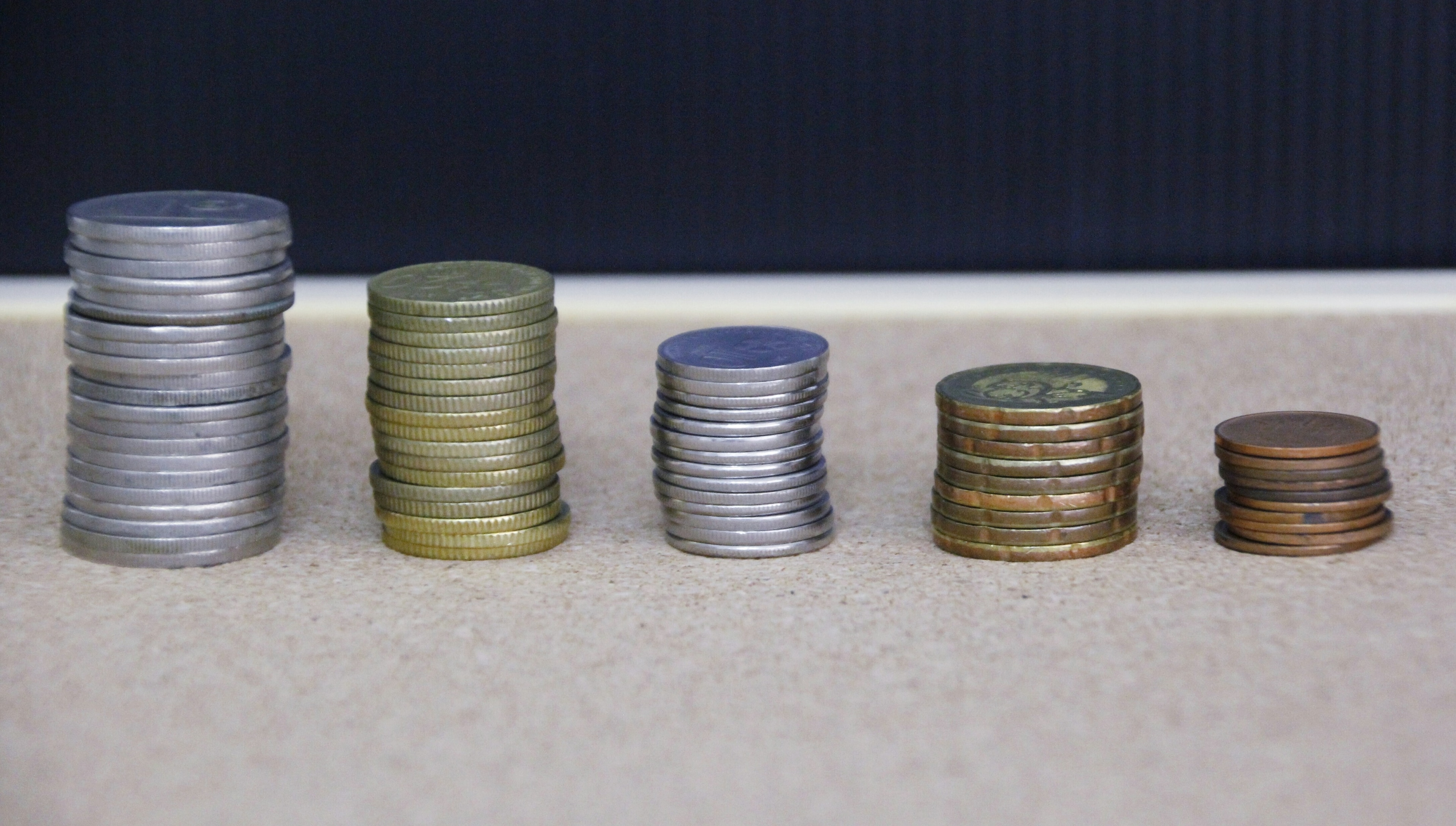Fighting the scourge of fake medicines


Get involved with our crowdsourced digital platform to deliver impact at scale
Stay up to date:
Future of Global Health and Healthcare
When a mother walks into a pharmacy to pick up medicine for her baby, she doesn’t expect to be tricked into buying poison and supporting criminals. But according to the World Customs Organization, around $200 billion of fake ‒ and potentially harmful ‒ pharmaceuticals are sold every year. In fact, the trade in counterfeit drugs is growing even faster than the official pharmaceutical industry. That’s a big win for counterfeiters but a significant loss in income, productivity and health for patients. How can this be allowed to happen?
It’s hard for the inexperienced eye to spot the difference between a genuine and a fake product. In some cases, non-genuine products have better shelf appeal than their genuine counterparts, with superior packaging, elaborate multicoloured holograms and lower prices made possible by several shortcuts en route to market.
Victims of counterfeit pharmaceutical products fall prey to a mutated form of information asymmetry that complicates investigative efforts when patients don’t get better. For many cultural, socio-economic and biological reasons, the counterfeit drug may not even make the list of top suspects. In highly superstitious regions of the world, a visit to the doctor comes at the eleventh hour, leaving little time for even the most legitimate of drugs to act.
And because of the averaging effect of randomized clinical trials, even the most vigilant of patients with two doctors on speed dial might not see the desired results from the medication they take.
The placebo effect complicates matters even further. With some conditions, such as sleep disorders and depression, placebos can deliver positive results. This leaves room for counterfeit products with partial-strength ingredients to edge their way onto the market.
In light of this, it seems all too tempting to accept defeat and concede that getting fooled at the counter is business as usual.
But it was in 2008, when I heard that 80 young children in Nigeria had died after drinking tainted teething syrup, that I realized something had to be done. It was almost an exact rerun of an event that took places in 1937 in the United States ‒ the Elixir Sulfanilamide Disaster. The medicine, which contained diethylene glycol, a chemical found in anti-freeze, killed more than 100 people, many of them children. As news of the deaths spread, FDA field officials sent telegram warning to health professionals across the country to stop the medicine from being sold. In 2008, a similar thing was happening in Nigeria, with agents from the government’s food and drug agency combing through densely populated Nigerian cities searching for counterfeit teething syrup. Almost 70 years separated the two events, and yet no progress had been made. But unlike in 1930s America, one in two Nigerians had a telegraph in their pockets ‒ a mobile phone.
At last, an opportunity ‒ mobile-based product verification. By sending a text message of a unique code revealed by scratching a label fused onto the drug’s packaging, patients can check the drug’s source before they buy it and confirm the product is safe. The fees for this service are covered by drugs manufacturers, who benefit by regaining the market share that had been taken by counterfeiters. Access to this information is allowing patients to fight back.
This innovative service is not only helping save lives, it could also help create economic growth. Africa’s expansive terrain can challenge pharmaceutical supply chains, and traditional tools to capture supply chain data often fall short. However, this mobile-enabled service provides pharmaceutical companies with ground-up, voluminous, high-velocity data that drastically reduces uncertainties. For example, capturing the time difference between a product’s anti-counterfeiting coding and the point at which a patient verifies the code produces detailed information about its path to consumption that could be used for supply chain optimization.
The technology had a promising start in 2010, and it is now a legal requirement in Nigeria that all anti-malarial and antibiotic drugs bear these codes. It’s tempting to say all this progress is thanks to the mobile phone. But I know it’s not the technology we must thank. It’s the enterprising Africans coming up with the ideas.
Author: Ashifi Gogo, Chief Executive Officer of Sproxil and World Economic Forum’s Social Entrepreneur of the Year.
Image: Counterfeit steroids seized by the U.S. Customs & Border Protection (CBP) is seen on display at the agency’s offices at John F. Kennedy Airport in New York August 15, 2012. REUTERS/Keith Bedford
Don't miss any update on this topic
Create a free account and access your personalized content collection with our latest publications and analyses.
License and Republishing
World Economic Forum articles may be republished in accordance with the Creative Commons Attribution-NonCommercial-NoDerivatives 4.0 International Public License, and in accordance with our Terms of Use.
The views expressed in this article are those of the author alone and not the World Economic Forum.
The Agenda Weekly
A weekly update of the most important issues driving the global agenda
You can unsubscribe at any time using the link in our emails. For more details, review our privacy policy.
More on Financial and Monetary SystemsSee all
Lucy Hoffman
April 24, 2024
Michelle Meineke
April 24, 2024
Annamaria Lusardi and Andrea Sticha
April 24, 2024
Emma Charlton
April 24, 2024
Piyachart "Arm" Isarabhakdee
April 23, 2024
Kate Whiting
April 23, 2024






